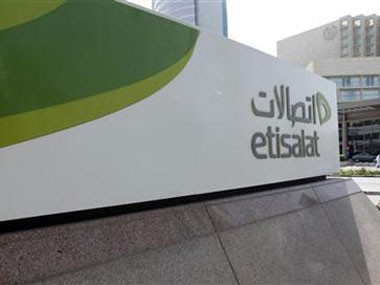Chairperson and Managing Director of the Industrial Development Bank, (IDB), Maged Fahmy, and Governor of Cairo, Khaled Abdel Aal, signed a cooperation protocol to provide financing services that will serve the economy and citizens within the Cairo governorate.
The signing of the protocol is a continuation of the bank’s role in supporting the national economy and the efforts and objectives of the state in economic development, reflecting upon the life of Egyptian citizens and contributing to the welfare and prosperity of Egypt.
The protocol aims to provide banks with expertise and capabilities in financial support of various sectors, such as the delivery of gas to residential units, commercial enterprises and shops, while offering the lowest possible interest rate, and legalising their conditions in accordance with the rules and policies of the bank, with a repayment grace period of up to seven years.
This protocol comes after a series of successes achieved by the bank in a file supporting small and medium-sized enterprises (SMEs), and industrial projects in all fields, within various governorates of Egypt. This comes as a response to the instructions of the president of the republic to encourage local industry.
Fahmy said that the new protocol is a continuation of the bank’s vital development role to create a good investment climate, support low-income citizens, and reach different segments of society in order to lift the burden on the state and provide a decent life for the citizen.
In this context, the IDB is looking to provide the required support at a stimulating rate of return and simplify procedures to attract the informal segments, while providing new job opportunities. He noted that the bank has granted funding to 10,000 residential units and delivered gas to 175,000 residential units.
Executive Vice-Chairperson of the IDB, Hamdy Azzam, said that the protocol is an addition to a series of cooperation protocols with several authorities and governorates that will support and finance development, industrial projects, and SMEs.
He added that one of these initiatives is the construction of 1,000 factories, which is expected to create about 20,000 jobs.
Furthermore, he explained that the bank allocated EGP 7.5bn for this initiative through grants to SMEs, and other products with a price advantage, especially in the field of industrial and agricultural activities, most notably food processing.
Azzam pointed out that the bank’s role in this field comes in response to the state’s efforts to solve many problems of citizens, and to provide a stable life and suitable housing for a broad base of Egyptian society.




